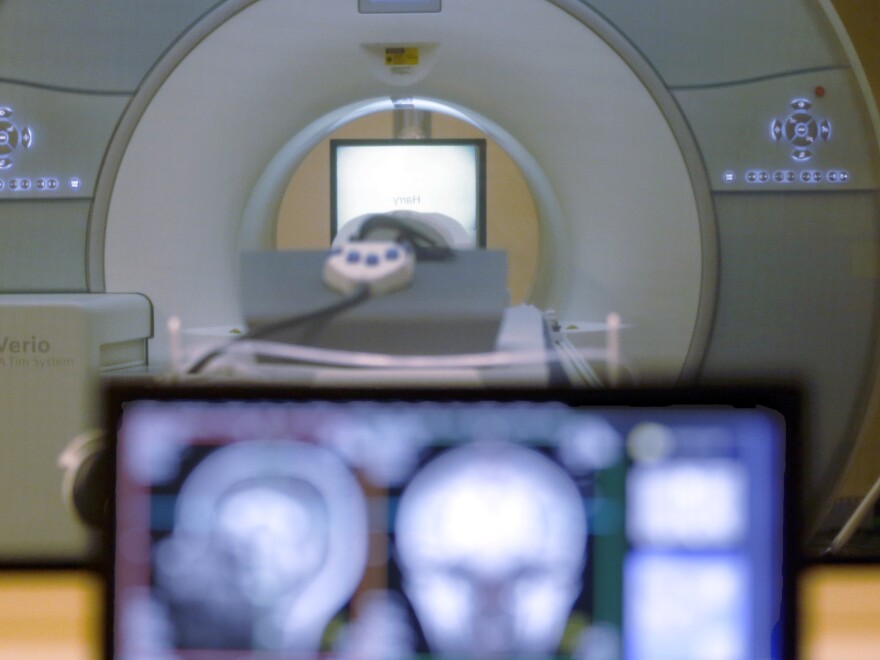The National Football League is funding a new study by the University of Arkansas for Medical Sciences looking at ways to treat chronic headaches without opioids.
The study will measure the effectiveness of different treatments for a condition known as post-traumatic headache, where chronic pain still exists months after sustaining a head injury.
“Because of that impact event, it sets up a longer-term chronic pain condition of these chronic headaches,” said Dr. Erika Petersen, Director of Functional and Restorative Neurosurgery at UAMS and one of the study’s lead investigators. “A lot of people are affected, a large proportion of those people have had one of those incidents, whether it’s a car wreck or it could be a sports injury… and there are not very good solutions on how to take care of those.”
Petersen says opioids, which are commonly prescribed to treat chronic pain, can sometimes do more harm than good in treating the condition.
“[Opioids] don’t seem to work very well in these chronic conditions where we think that there’s something that is different in how the nervous system is processing pain messages. And while an opioid medicine might be okay for a day or two after a surgery, say, it is not something that works in the same way for these chronic nerve damage-related pain conditions.”
Petersen says participants will either receive the usual treatments, like opioid painkillers, while others will either take cannabidiol— more commonly known as CBD —or try out a procedure called non-invasive vagal nerve stimulation.
“This is a little gadget device that is held up to the neck. The vagal nerve runs down in the neck, not that far from where you can feel the pulse of the carotid artery,” Petersen said. “By introducing a small impulse into that area, what you’re doing is electrically influencing how that nerve conveys the messages of pain.”
Petersen says CBD has had positive impacts on similar neurologic conditions, and is becoming more accepted in mainstream medicine.
“There’s a lot of discussion about whether derivatives that are cannabinoids are potentially a benefit to the nervous system; for example, some medications that have been approved by the FDA for the treatment of seizures,” Petersen said. “And we know there’s some early evidence to suggest that it helps in patients who have concussion, and so we think that it may also help in patients who have post-concussion or post-traumatic headache.”
The National Football League is providing over $500,000 for the study. Researchers will look to enroll former contact sport athletes at about a dozen sites near existing NFL franchises to take part in the study. Petersen says the effort will begin later this year, with plans to expand the sample size in future studies.



